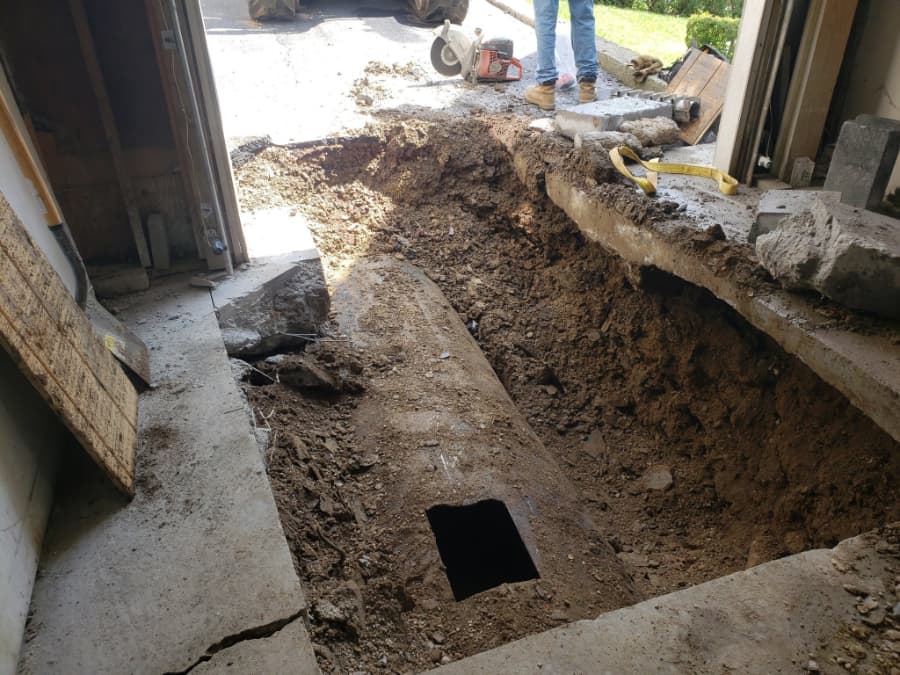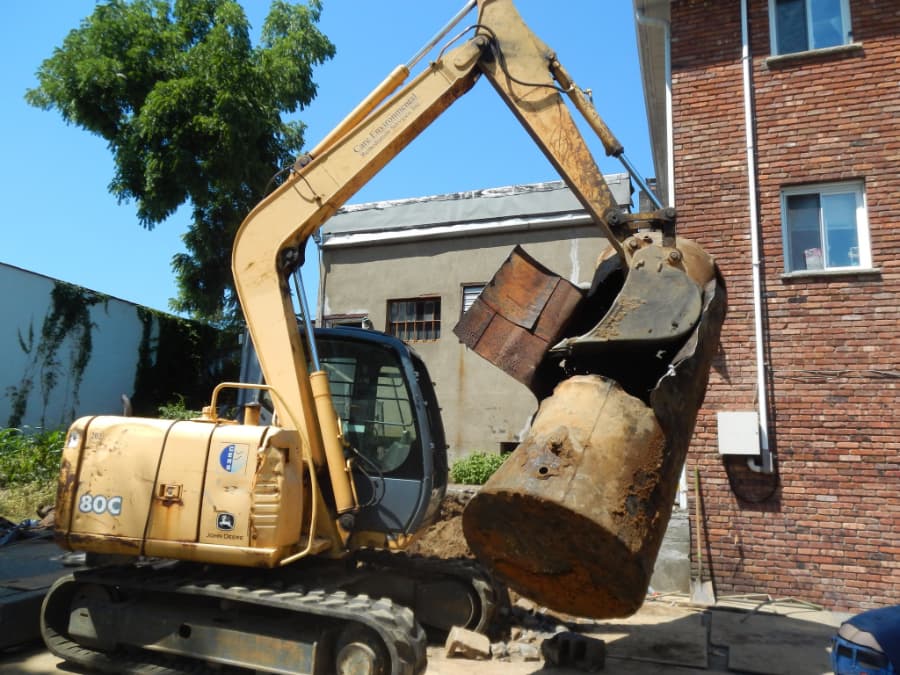Many older homes in New Jersey and throughout the Northeast are heated with oil instead of natural gas or electricity. In some homes, the oil tank is located in the basement or aboveground outdoors. In others, the tank is buried underground on the property. Unfortunately, these underground oil tanks can corrode over time, causing leaks. Learn more about the potential hazards of oil tank leaks from Care Environmental Remediation Services.
What Causes an Oil Tank to Leak?
According to Environmental Protection Agency (EPA), until the 1980s, most underground storage tanks (USTs) were made from bare steel. Because it’s uncoated, bare steel is likely to rust over time, causing corrosion that allows the tank’s contents to leach out into the surrounding soil. A UST can also leak because of:
- Improper installation
- Inadequate maintenance
- Faulty fuel lines or connections
To save money or improve their home’s resale value, some owners convert their heating system to natural gas, solar, or another energy source. Instead of draining and removing the oil tank, they may simply leave it in place. If you’ve purchased a house where the previous owners converted their heating system, you may not even know that you have a buried oil tank on your property causing issues.
What Happens If an Oil Tank Leaks?
An underground oil tank is out of sight, out of mind – so it’s not as easy to spot problems as it is with aboveground tanks. A UST could leak for months or even years before the homeowner realizes there’s an issue. If the oil tank is still in use, the owner might notice their heating bills are higher than usual, or that they need to schedule more frequent fuel deliveries to refill the tank.
A leaking oil tank not only affects your utility costs. It can also become a major environmental health concern. Contaminated soil and groundwater can damage plants, poison wildlife, and cause health hazards for humans. When leaks happen near agricultural areas, pollutants in soil and water can end up in crops through a process known as bioaccumulation. If the homeowner or their neighbors use well water, they may notice an odor, odd taste, or discoloration. These can be signs that the tank oil is leaking into the groundwater.
Proper soil and water testing is required whenever an oil tank leaks. In some cases, very small amounts of contamination will not require remediation. Depending on the severity, onsite remediation may be required to protect the health of people and animals nearby and keep the water supply free of contaminants.

Understanding the Remediation Process
Environmental remediation is the process of identifying, measuring, and removing contaminants from a commercial or residential site. In the State of NJ, USTs are regulated by the New Jersey Department of Environmental Protection (NJDEP). If a homeowner discovers or suspects a leak, it’s important to work with a qualified remediation professional with the proper training and certification. An environmental remediation company can also safely remove an oil tank or take the proper steps to close the tank system and abandon it in place.
Count on Care Environmental Remediation Services
If you need to remove an underground storage tank from your residential or commercial property, contact Care Environmental Remediation Services. Serving customers throughout Northern NJ, including Morris, Somerset, Sussex, and Warren Counties, our team has extensive experience with tank removal and soil remediation. Through our homeowner tank program, we’ve successfully installed, removed, or closed tank systems at hundreds of residential sites. In addition to home heating oil tanks, we also serve commercial sites with fuel, oil, and gasoline tanks.
Care Environmental Remediation Services’ staff offer Licensed Site Remediation Professional (LSRP) services and are well-versed in NJDEP Technical Requirements for Site Remediation (TRSR). We’ve completed projects at over 2,000 sites throughout the state, including:
- Storage tank closures
- Site assessments
- Soil and groundwater sampling and testing
- In situ remedial action applications
To learn more about Care Environmental Remediation Services or schedule a consultation, contact us today.


